The approach to the naxalites problems needs a blend of firm but sophisticated, handling of naxalites violence with sensitive handling of the developmental aspects. Government can not blame the Naxals, because they are also the subjects of the nation. But their violence is not acceptable by the government. Naxal groups have been raising mainly land and livelihood related issues and they blame the government settings and bureaucracy. For a debate, if a plan or government establishment are changed in accordance with their likes, then they can not assure that even in those establishment also a Naxalism which was handled by them will not rise its head, again. Now, India has been facing many challenges like equality, justice (in social, economic and political), liberty, fraternity, peoples economic development through high economic growth rate and defence act. These are all the difficult values to be satisfied by India which is a responsive welfare provider. Overcoming and concentrating on the Naxalism gives extra burden to the administration.
There are 76 districts and 9 states found to be badly affected by naxalites. In case, good livelihood, land and wages are properly provided to the peoples living in those areas, then we can avoid them to turn into Naxals and support extremism. Naxals try to sustain their fraternal and logistic links with Nepalese Maoists, though there are no strategic and operational links between them. They often use war like extremism through the armed struggle to capture political poser and being anti-social and criminal element. They are having contemporary weapons. At present, they are attacking simultaneously in large number of targets particular police forces.
ABOUT THE AUTHOR Anil Dutta Mishra
Dr. Anil Dutta Mishra started his career as an Assistant Professor in the Department of Non violence and Peace Studies, Jain Vishva Bharati Institutes (Deemed University), Ladnun, Rajasthan. His area of specialization includes Indian Government and Politics, Grass root Politics, Women's Studies, Ecology and Human Rights. He has been connected with a number of national and international organizations in various capacities like-Associate Secretary of Indian Society of Gandhian Studies, Ganeral Secretary of Alliance for Sarvodaya, Secretary General of Human Development Foundation, and Member Board of Studies, Punjab University, Chandigarh. He has authored / edited 12 books and published a number of research papers in leading professional journals. His earlier books Problems and Prospects of Working Women in Urban India (1994); Fundamentals of Gandhism (1995); Gandhian Approach to Contemporary Problems (1996); Decentralised Planning in India: A Study of Objectives and Operational Framework (1999); Gender perspectives: Participation, Empowerment and Development (1999); Perspectives on Human Rights (2002); Rediscovering Gandhi (2002); Gender Violence in India (2002); Challenges of Twenty First Century and Gandhian Alternative (2003) and India and Canada: Past, Present and Future (2003) were well received and widely acclaimed. Presently he is working on Gandhian Experiments in India.
ABOUT THE AUTHOR Sohan Raj Tater
Prof. (Dr.) Sohan Raj Tater (b. 1947) is former Vice Chancellor, Singhania University, Pacheri Bari (Jhunjhunu), Rajasthan and former Adviser, Jain Vishva Bharati University, Ladnum (Raj.). He is a Emeritus Professor in Jodhpur National and Singhania University. He is registered Research Supervisor in Universities in subjects – Philosophy, Yoga and Education, Earlier he served in Public Health Engineering Department, Government of Rajasthan, for 30 years and took voluntary retirement from the post of Superintending Engineer. He is Associate member, Patron and Life member of various Academic /Social institutes in India and Abroad.
A well known scholar Prof. (Dr.) Sohan Raj Tater has written and got published 8 books and 12 books are under publication in his subjects- Philosophy, Yoga and Education. Besides this his more than 50 Research papers published in National and International journals of repute. He has been awarded with Indira Gandhi Rastriya Ekta Award, Yuvak Ratna, Jain Gyan Vigyan Manishi, Rastriya Samrasta Excellency Award and Yoga Ratna National Awards.

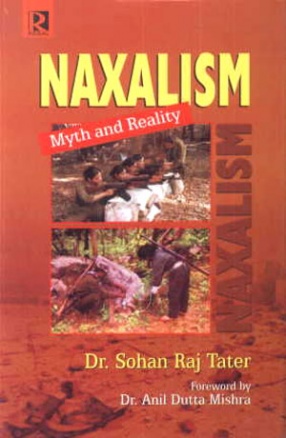
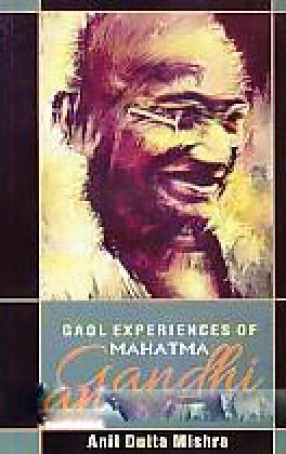
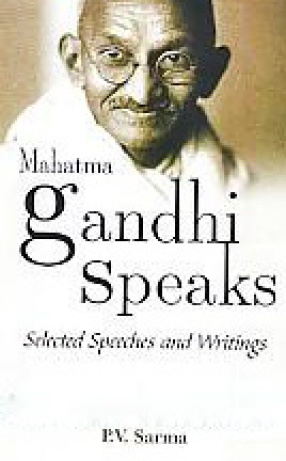
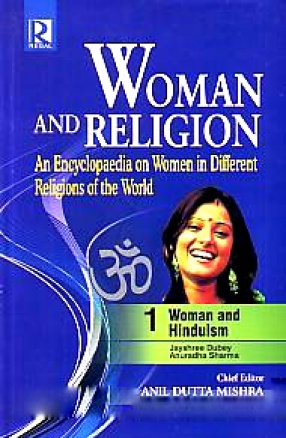
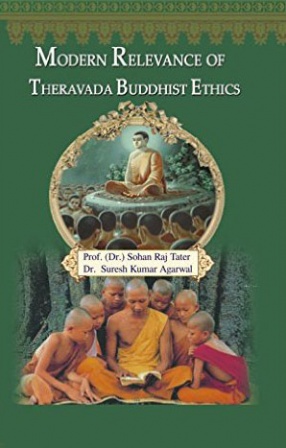
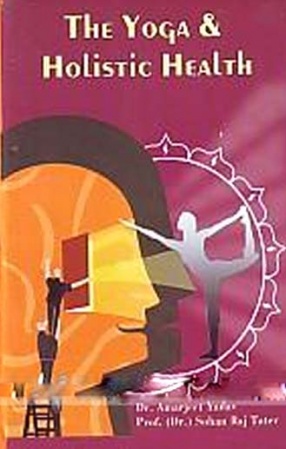
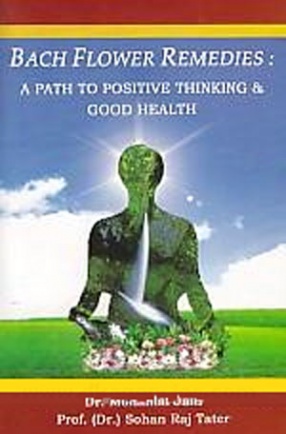
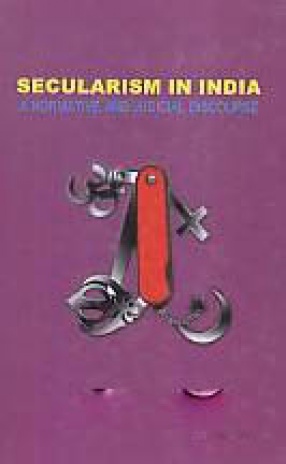
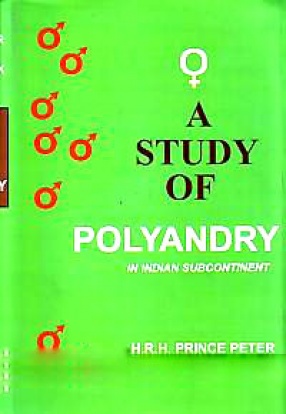
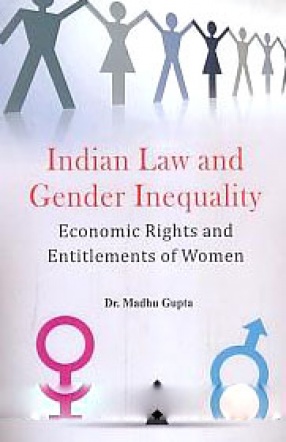
There are no reviews yet.